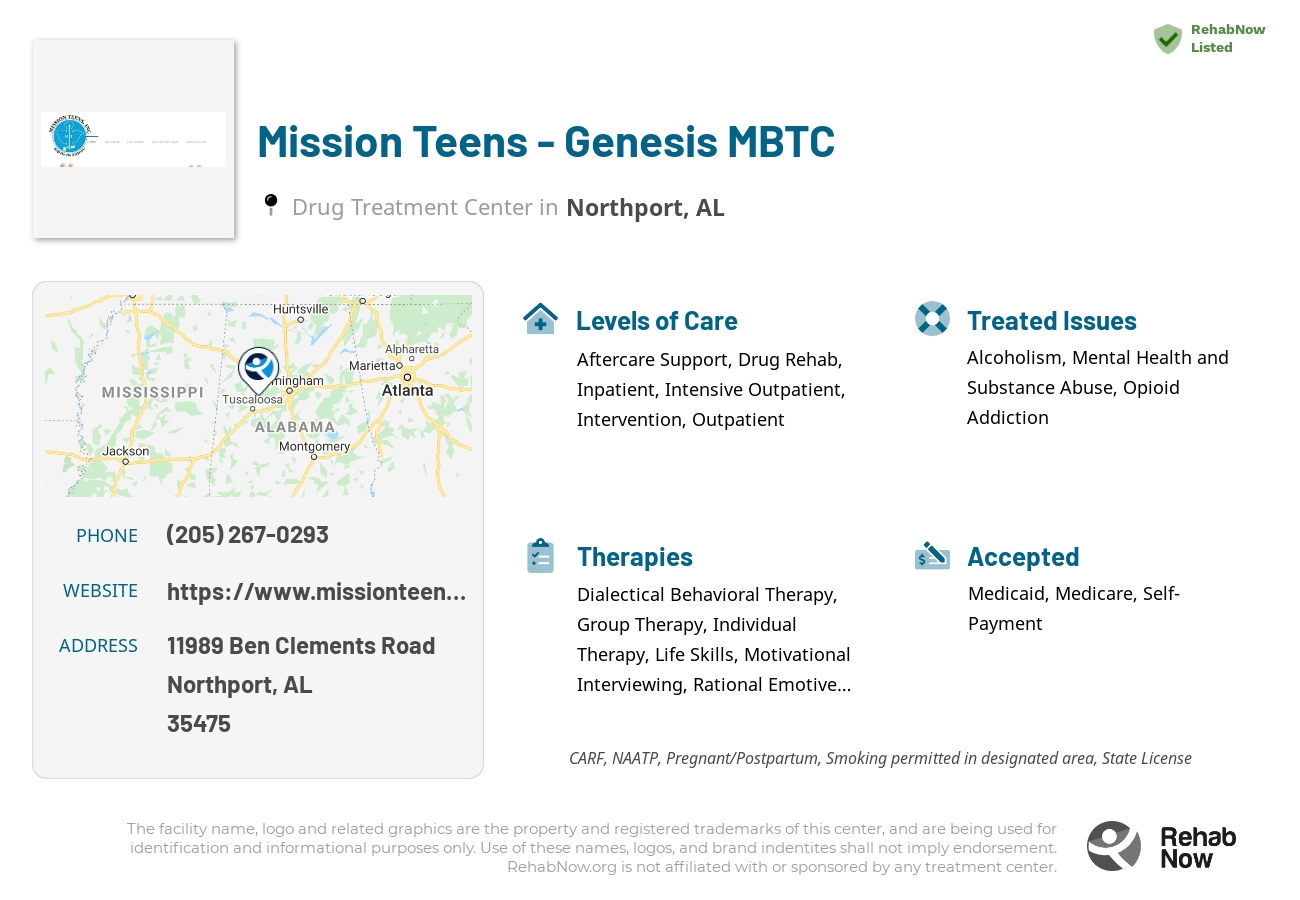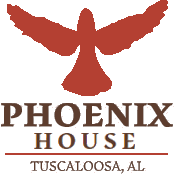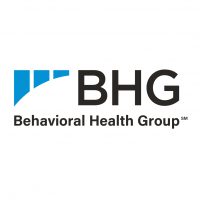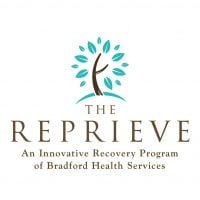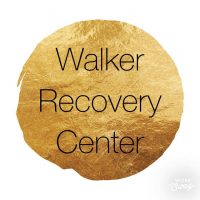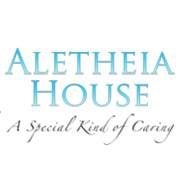Mission Teens - Genesis MBTC
Drug Rehab Center in Northport, Alabama
Mission Teens - Genesis MBTC is a Northport, Alabama facility that offers a variety of individualized short-term and long-term treatment plans for teens struggling with addiction and substance abuse, including detox, therapy, education, and extended care.
About Mission Teens - Genesis MBTC in Alabama
Mission Teens - Genesis MBTC is a facility in Northport, Alabama that provides a variety of services for teens struggling with addiction and substance abuse. With its dedicated team of professional counselors and therapists, this facility emphasizes both short-term and long-term treatment plans individualized to each client’s needs. Through detox, individual and family therapy, group therapy, education, and extended care, Mission Teens – Genesis MBTC provides comprehensive care to help the youth in its care move towards a healthier and more stable lifestyle.
At Mission Teens - Genesis MBTC, a range of services are available to aid in recovery from addiction and substance abuse. These services include short-term inpatient treatment, followed by an intensive outpatient program which focuses on relapse prevention. In addition, the facility provides one-on-one counseling, as well as family therapy to help support the teens’ recovery and teach essential skills. Clients also receive life coaching sessions and benefit from regular physical activity.
Mission Teens - Genesis MBTC is accredited by the Commission of Accreditation of Rehabilitation Facilities, and holds a license from the Alabama Department of Mental Health. In addition to its excellent staff and services, the facility offers art, music, and dance therapy as a way to express creativity and reduce stress while in the program. Furthermore, it provides an atmosphere of individualized care that encourages a positive attitude towards recovery from addiction, as well as a safe environment in which to make lasting changes.
Genders
Ages
Modality
Additional
Conditions and Issues Treated
Many people who struggle with opioid addiction need to attend specific programs like methadone , Suboxone or Vivitrol clinics.
These types of programs will provide the patient with legal, prescription medications that can help them overcome their cravings for illegal opioids like heroin or fentanyl . If the patient has a chronic condition like Hepatitis C, they must undergo treatment before they can begin taking these medications.
Levels of Care Offered
This center offers a variety of custom treatment tailored to individual recovery. Currently available are Aftercare Support, Drug Rehab, Inpatient, Intensive Outpatient, Intervention, Outpatient, with additional therapies available as listed below.
Inpatient treatment is an intensive program that takes place when a patient checks into a rehabilitation facility. The treatment includes detoxification and counseling sessions, which are round the clock. Outpatient treatments are also available, but inpatient care is advised as the first step of rehabilitation.
Intensive rehab ensures the patient stays in a substance-free atmosphere, improving treatment success rates. The patient participates in group therapy for motivation from other patients who have overcome addiction. Family members are also involved in providing emotional support throughout the program.
An intensive outpatient program is usually the first phase of addiction treatment. It provides relief for those who are addicted, but are not ready to commit to an inpatient setting. Typically, the patient lives at home and is able to work or go to school. IOPs consist of a daily 3 to 5-hour program, and there is a required number of hours per week. Most patients go to IOP between 20 and 40 hours per week. The patient attends group counseling and individual therapy throughout the duration of treatment. They also meet daily with their therapist to discuss how it’s going and where they are in the recovery process.
The goal here is to teach patients healthy coping skills, such as stress management and identifying thoughts and behaviors that lead to relapse. The implementation of these skills will be useful as the individual transitions into the next phases of treatment.
An outpatient treatment program is set up to help with alcohol or drug addiction, or a co-occurring disorder. The patient must attend the Alabama facility for their therapy and other programs but are able to return home each night. The frequency of mandatory attendance decreases after much of Mission Teens - Genesis MBTC‘s program is complete.
Intervention services can be beneficial for people who have not been able to overcome drug and alcohol addiction on their own. It is recommended for individuals whose addiction has led to dangerous or life-threatening circumstances.
Intervention services are beneficial for:
- People who have relapsed after completing other forms of addiction treatment.
- People with drug addictions that have led to dangerous health conditions, such as HIV.
- People who are at risk of losing their family, home, or job due to addiction.
- People who are having difficulty overcoming drug and alcohol addiction on their own.
- An intervention can be conducted by professionals, or by loved ones of an addict. If the person being intervened on agrees to enter addiction treatment after the intervention, the next step would be to choose a treatment program.
If they do not agree to enter addiction treatment after the intervention, loved ones may choose to go back to the drawing board and try another form of treatment. They may also choose to not receive any further treatment, but there are usually other factors in play that may make it difficult for people to stop using drugs or alcohol.
Aftercare is a term that’s used to refer to any sort of continuing care offered for a drug addict who has voluntarily entered a rehabilitation program. This type of care can be provided in several settings, including outpatient therapy sessions after the addict has completed an inpatient program. There are also 12-step support groups, such as Alcoholics Anonymous, which can provide additional help for addicts trying to stay sober.
Therapies & Programs
Individual Therapy is a critical component of addiction recovery. Therapists work with patients to identify the root of their addiction and figure out how to better handle the issues that led to them using drugs. Individual Therapy is the one-on-one session where people meet with their therapist. Individual therapy provides a safe space for people to open up and discuss personal and sensitive topics which they may not feel comfortable discussing in a group setting.
Group Therapy is utilized by drug treatment centers like Mission Teens - Genesis MBTC to provide the recovering drug addict with a platform to talk about their feelings and experiences. It also provides for an opportunity to learn from other addicts who have successfully overcome their addiction.
Group Therapy is employed in lectures, seminars, or discussion groups (the latter two are typically conducted as “therapy groups”). It is recommended that all group members be recovering addicts for this type of therapy to work (though it does not exclude others with lived experience).
Trauma therapy is a clinical process that helps individuals deal with mental stress often caused by traumatic events. It is generally done for children, teenage victims of sexual assault, and war veterans. The therapist helps the person identify, understand and work through the problem. This is done with the help of talking about it in group or one-on-one counseling sessions. Therapists use relaxation, role-playing, art, and music to help the person open up about what is bothering them.
Dialectical Behavior Therapy (DBT) is used by drug treatment centers across the United States to help drug addicts become sober. DBT combines traditional behavioral treatments with elements from DBT, including dialectics, distress tolerance, and interlocking issues. It is commonly used to treat Borderline Personality Disorder (BPD) along with substance abuse disorders. The four DBT modules are mindfulness, interpersonal effectiveness, emotion regulation, and distress tolerance.
Cognitive behavioral therapy is also a popular service for individuals living with addiction. This type of supportive treatment uses both one-on-one counseling and group sessions to teach addicts how to identify thoughts, behaviors and emotions that might increase their risk of relapse.
These professionals can help addicts develop coping skills for managing stress, improving self-esteem and overcoming triggers. They might also use behavioral therapy to help addicts learn how to avoid cravings and warning signs that could lead them back into addiction.
Therapy can be used as a step-down from inpatient treatment or as the primary method of overcoming an addiction. No matter which option is best for the addict, they will teach important emotional coping techniques, which can make it easier for addicts to get through the tough days.
(REBT) was developed by Dr. Albert Ellis in 1955. The therapy is based on the premise that our beliefs lead to and maintain our emotions and behaviors. Therefore, if a person has irrational thoughts, they will have an unhealthy emotional life. And as long as those irrational beliefs remain unchanged, they will continue to have unhealthy emotions and behaviors.
REBT is a purely psychological therapy, meaning it does not incorporate the use of medications or supplements. Instead, REBT focuses on helping people understand, respect, and accept their feelings without judgment, enabling them to have more control over their actions and behaviors.
The therapeutic process is straightforward: clients learn to identify the irrational beliefs that cause distress, challenge good coping statements, and replace them with healthy, rational beliefs.
Training in improved life skills helps those recovering from addiction feel more capable of self-care. Mission Teens - Genesis MBTC are daily skills that give the person the tools they need to survive.
The therapy covers practical activities like cooking, job hunting, social interaction, and money management, helping to fill in the knowledge gaps caused by addiction.
These life skills help the person self-manage their recovery and stay on track. It also reduces relapse risk as they gain confidence in their day-to-day abilities.
Payment Options Accepted
For specific insurance or payment methods please contact us.
Mission Teens Associated Centers
Discover treatment facilities under the same provider.
Learn More About Mission Teens Centers
Additional Details
Specifics, location, and helpful extra information.
Northport, Alabama 35475 Phone Number(205) 267-0293 Meta DetailsUpdated November 25, 2023
Staff Verified
Mission Teens - Genesis MBTC Patient Reviews
There are no reviews yet. Be the first one to write one.
Northport, Alabama Addiction Information
Opioids, such as heroin, fentanyl, and prescription opioids are related to more than half of all drug-related overdoses in Alabama. Alcohol is the most frequently used substance in Alabama; 85,000 Alabamians use cocaine every single year. In Alabama, there are four times as many vehicle crashes involving alcohol as there are normal vehicle crashes.
In Northport, Alabama, drug addiction is an enormous issue. In 2013, there were 208 hospitalizations related to drug abuse in Northport. 1 in 7 people report abusing prescription drugs. Fentanyl was the drug most often involved in overdose deaths in 2016. The drug rehab treatment process in Northport, Alabama, can vary depending on your facility, but it often includes detoxification, counseling, and aftercare.
Treatment in Nearby Cities
- Brewton, AL ( mi.)
- Monroeville, AL (132.2 mi.)
- Huntsville, AL (102.3 mi.)
- Scottsboro, AL (117.8 mi.)
- Woodville, AL (106.4 mi.)
Centers near Mission Teens - Genesis MBTC
The facility name, logo and brand are the property and registered trademarks of Mission Teens - Genesis MBTC, and are being used for identification and informational purposes only. Use of these names, logos and brands shall not imply endorsement. RehabNow.org is not affiliated with or sponsored by Mission Teens - Genesis MBTC.


